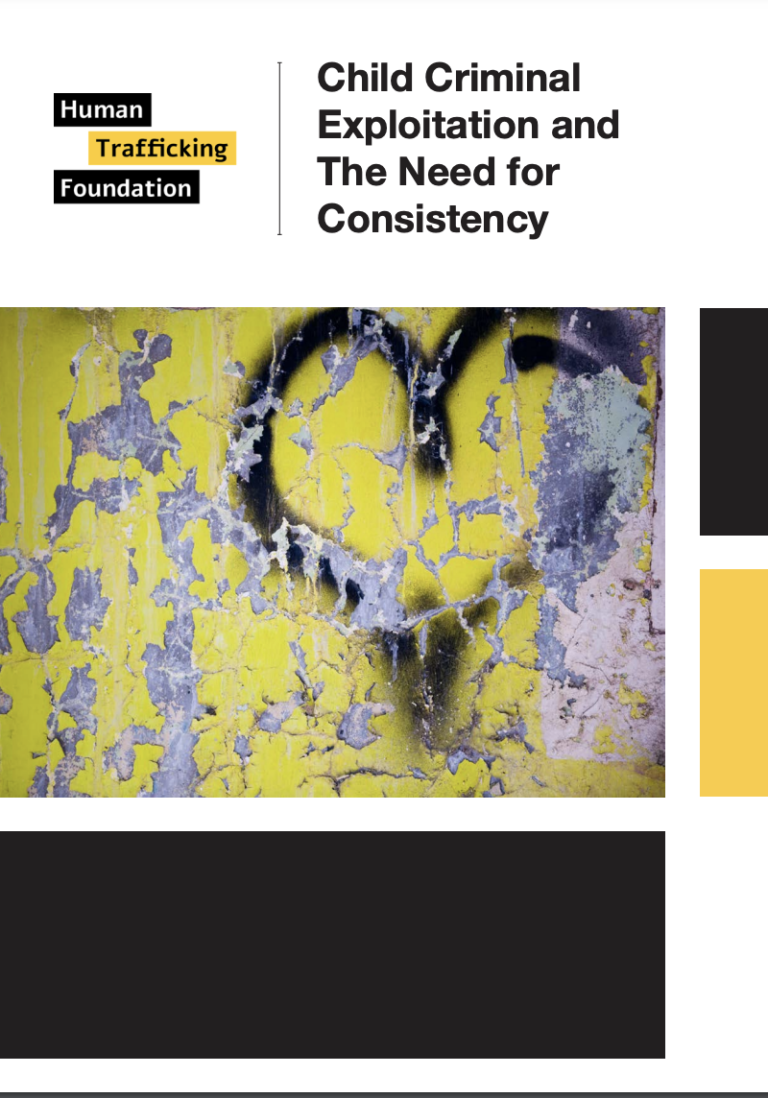From survivors’ testimonials to those working in statutory agencies, the system response to child criminal exploitation was categorised by all participants at the roundtables as ‘inconsistent.’ Pervading both roundtables was a frustration of the disconnect between different agencies and the discrepant nature of the response to CCE. Participants described how there is successful work being done in pockets around the country, but it is challenging to roll out programs nationally that rely on the dedication of committed individuals leaving children reliant on a ‘postcode lottery’ for effective support.
Multi-agency collaboration was evident in all examples of good practice raised at the roundtables, however joined up working was not seen as the norm. Working in silos ensures that children get lost between the margins and the boundaries of support, which means exploiters can target them with ease.
Further, an aspect continually raised across the roundtables were how the boundaries of childhood and adulthood are so sharply defined in support provision. The end of support at the age of 18 is described as a ‘cliff edge’ for victims, which does not reflect the realities of the experiences of vulnerable young people. This lack of commitment to transitional safeguarding ensures that the response young people receive fragments as they reach the age of 18. To effectively deal with CCE there is a need for a holistic, whole system approach which will be explored throughout this report.
Issues of systemic racism were repeatedly raised within the frontline roundtable along with the need for far greater representation throughout the young person’s experience. The issue of race was not raised regularly within statutory agencies’ event; although it was acknowledged that there needs to be people on the frontline with whom the young people can identify with.

